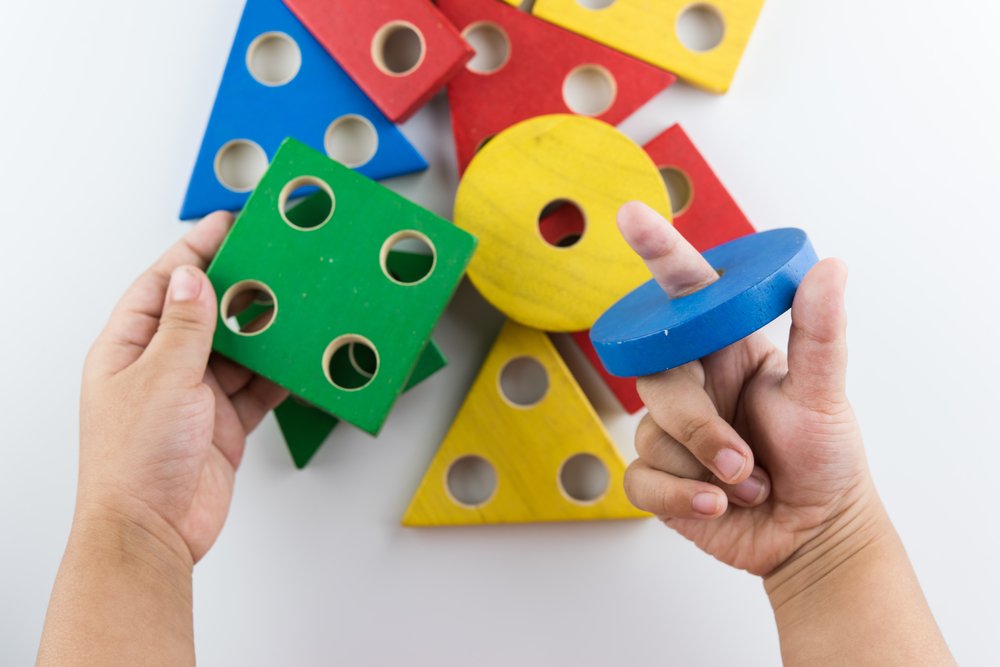
How kids learn to match objects by their shape and function
Key points:1. Around age 3-4, children begin understanding object characteristics and properties.2. They progress from identifying shapes and colors to…
[cat_cust_menu]

Key points:1. Around age 3-4, children begin understanding object characteristics and properties.2. They progress from identifying shapes and colors to…
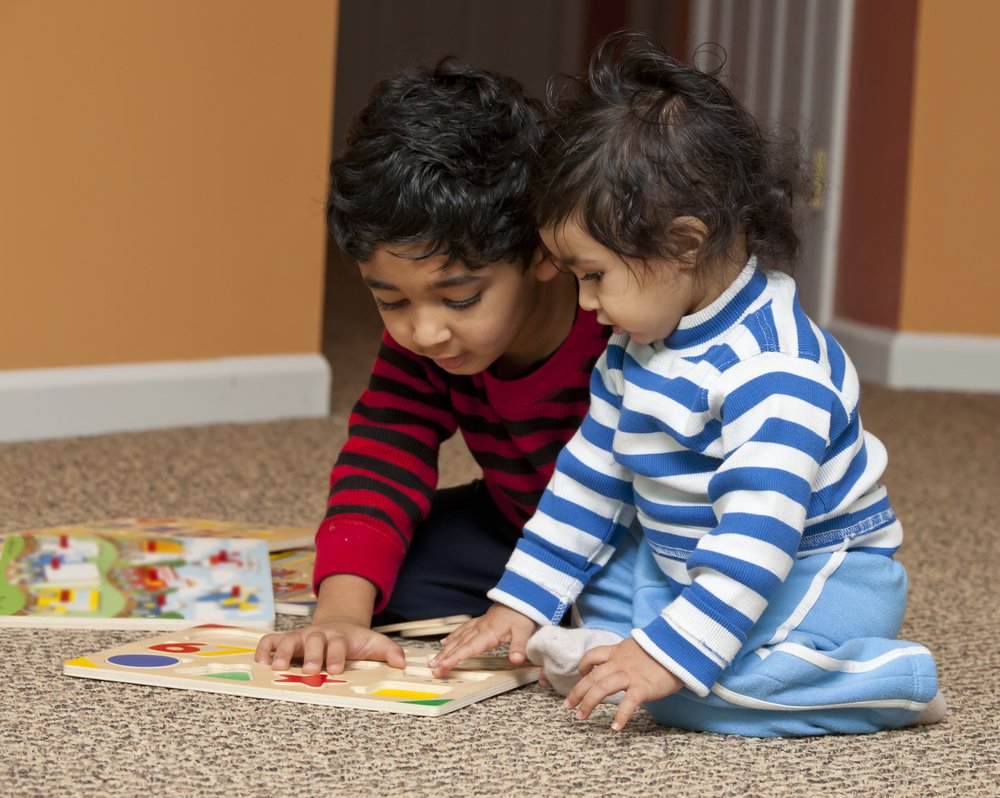
Key points:1. Infants rapidly absorb information about their world by 12 months.2. Around ages 3-4, children start understanding specific object…
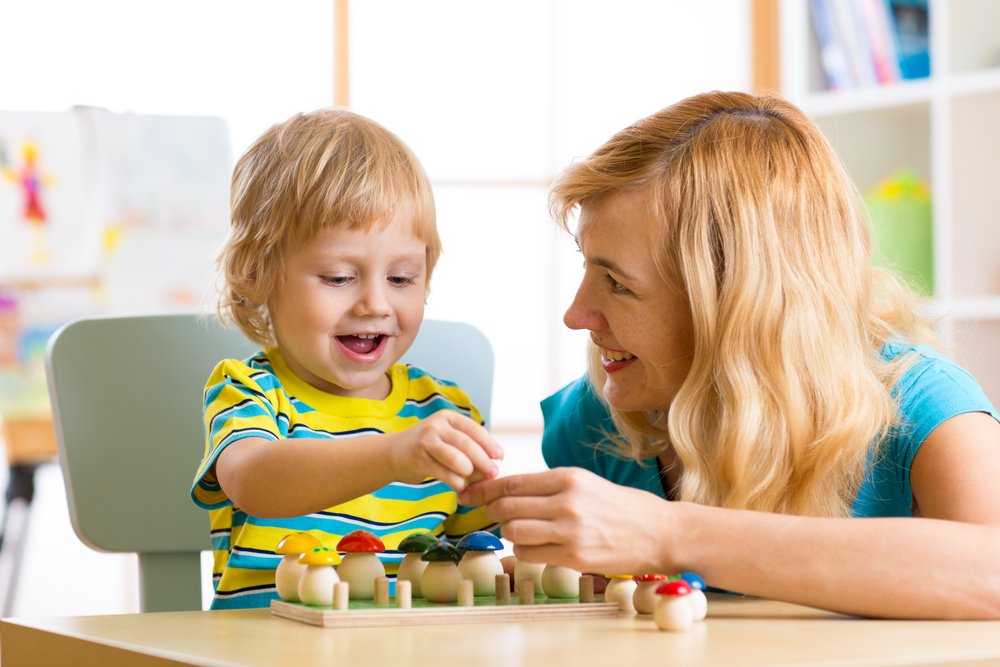
Key points: Ages 36-48 months: Children develop conceptual reasoning skills. Concepts include size, distance, speed, height, weight, and order. Use…
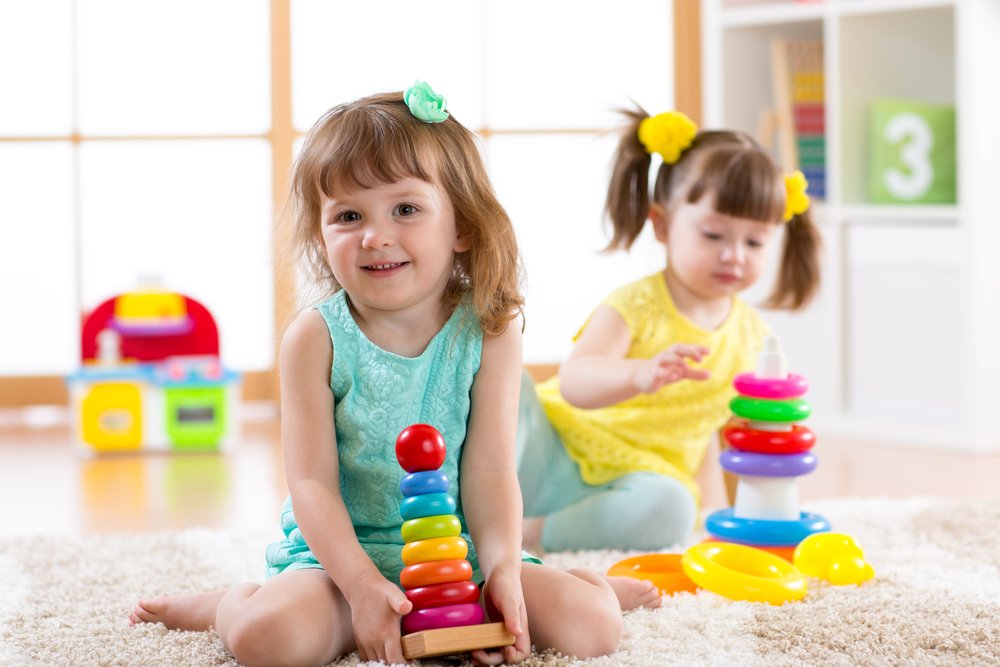
Key points: Preschoolers undergo significant cognitive changes, reaching a stage of enhanced mobility, emotional independence, and increased vocabulary. Developing conceptual…
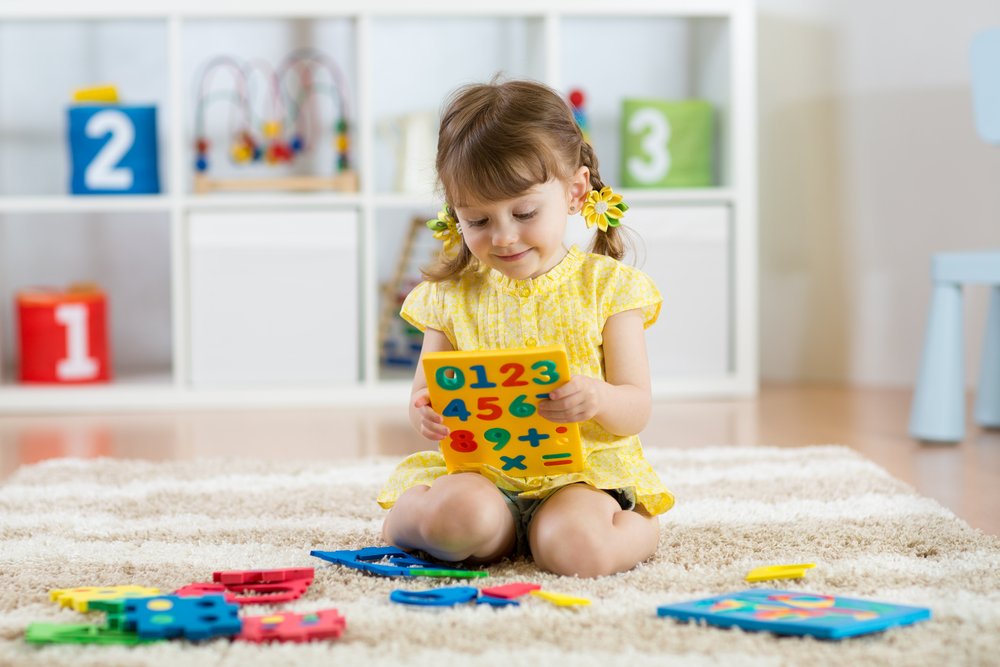
Key points: Numeracy, or math skills, is a crucial aspect of a child’s cognitive development at ages 3 to 4….
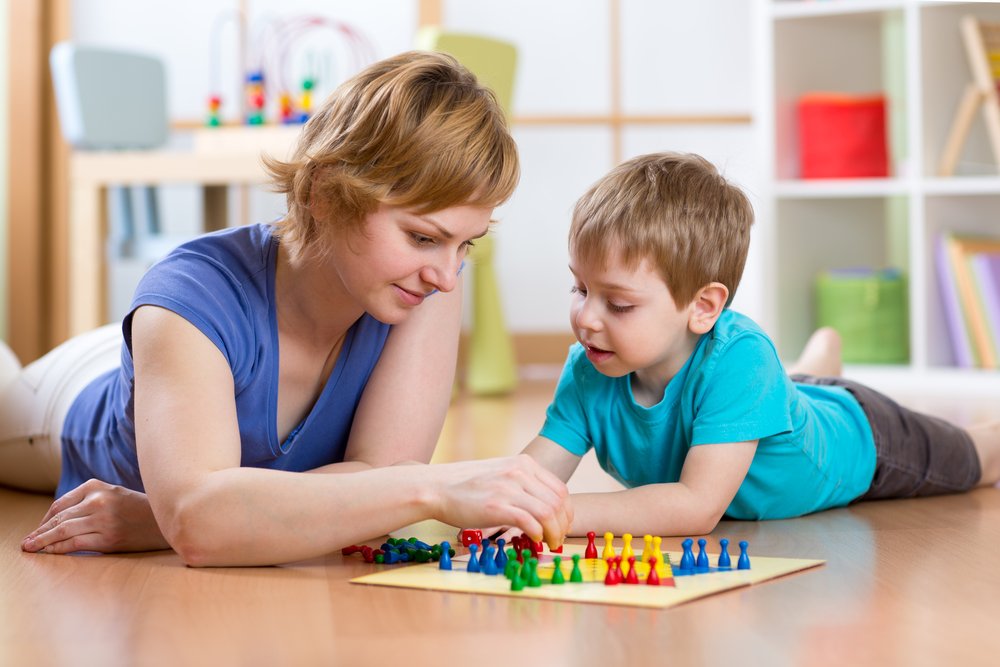
Key points: Children between 24 and 36 months start learning object characteristics and sorting by size, shape, or color. At…

Key Points: Cognitive flexibility is the ability to adapt based on new information. It develops between 3 and 4 years…
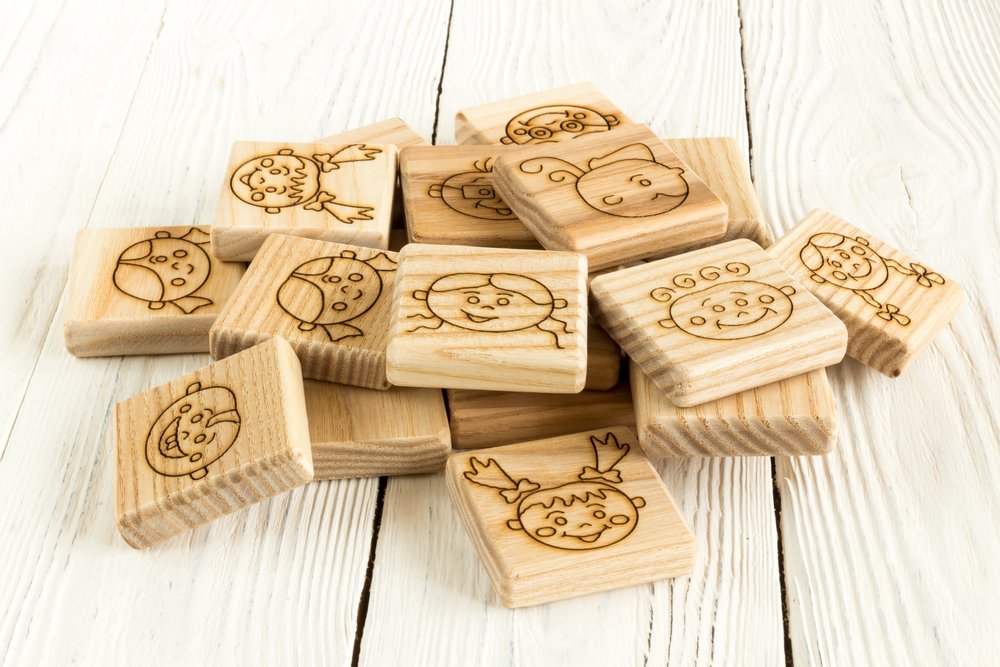
Key Points: Toddlers can store memories, but their ability to recall is developing due to ongoing brain maturation. Activities to…

Key points: It is normal for children to have imaginary friends, and this type of pretend play is healthy and…

Key points: Giving children a small fixed allowance and allowing them to self-manage it can influence spending behavior and help…

Key points: Young children have a natural inclination towards discovery and exploration, and parents can foster this by providing easy…

Key points: Pretend play fosters creativity and understanding of the adult world. Enhances empathy and perspective-taking. Aids in narrative thinking…

Key points: 1. Crawling boosts motor skills, balance, and muscle strength. 2. Enhances brain coordination, problem-solving, and spatial awareness. 3….
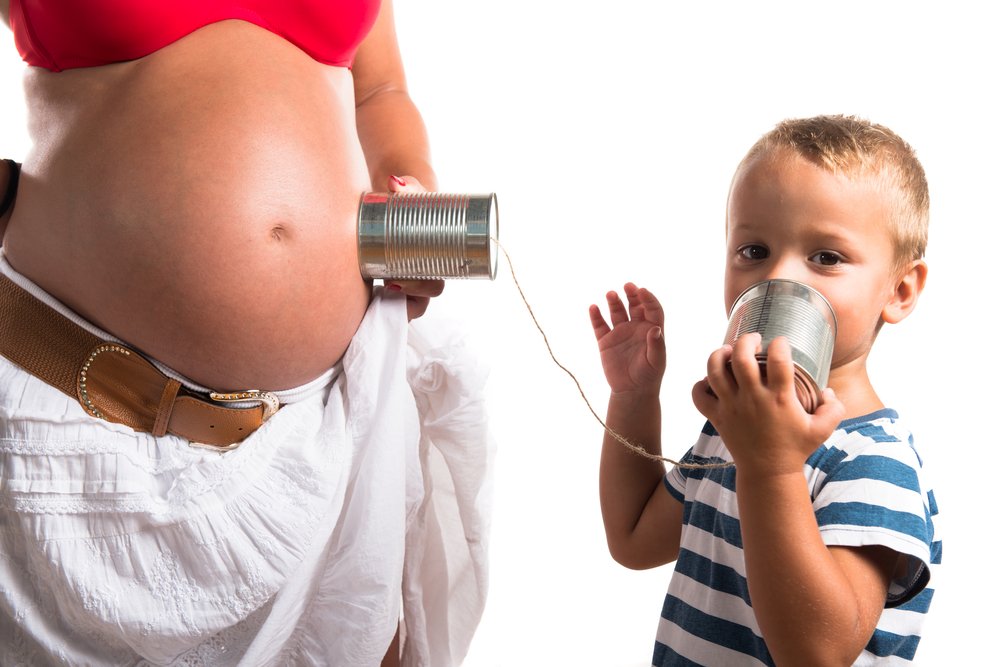
Key points: 1. Language learning begins in the womb, impacting how babies perceive sounds and languages. 2. Newborns recognize and…

Key points: Parents tend to praise their children frequently, but not all types of praise benefit children in the same…

Key points: Researchers at Indiana University and the Georgia Institute of Technology have discovered that a toddler’s visual experience may…
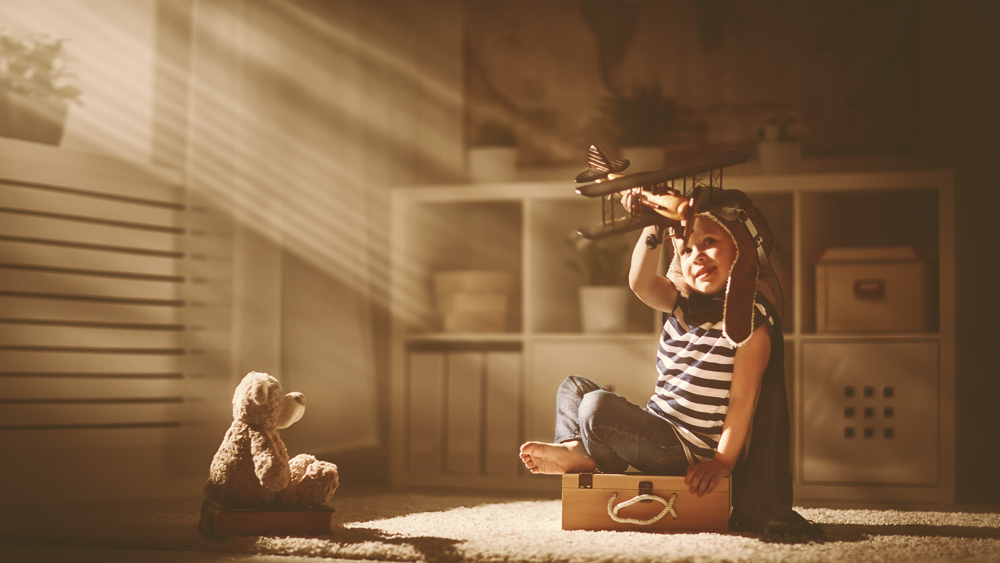
Key points: Allowing children to experience boredom can be beneficial for their development as it encourages self-reliance and motivation. Parents…

Key points: Allowing children to go barefoot outdoors offers numerous benefits, despite concerns about injuries or illnesses. Foot injuries are…
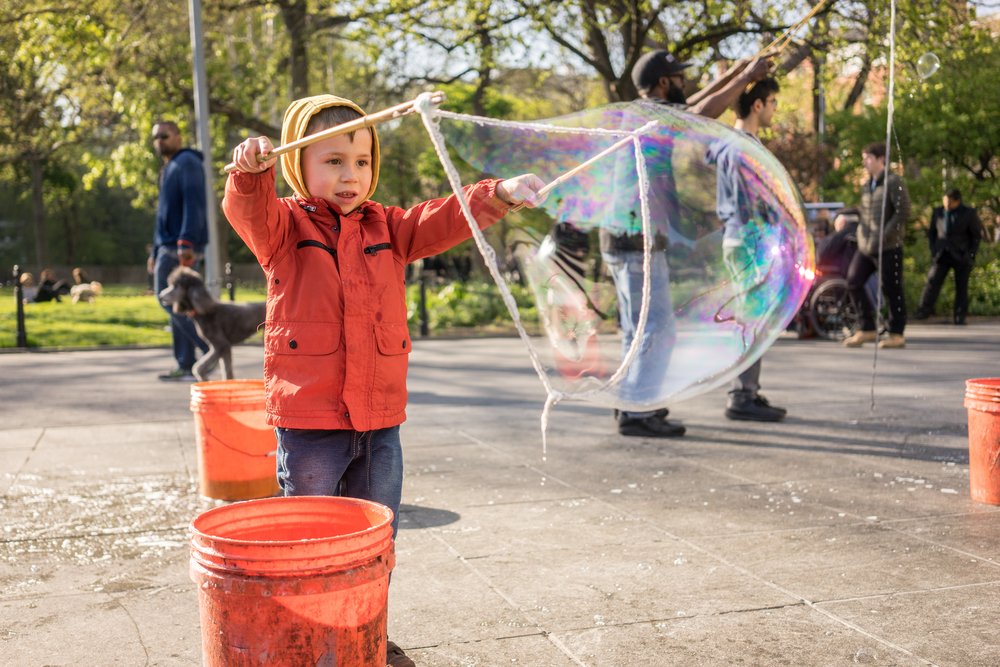
Key points: Summer vacations can lead to educational disparities, with children lacking enriching learning opportunities falling behind their peers. Efforts…
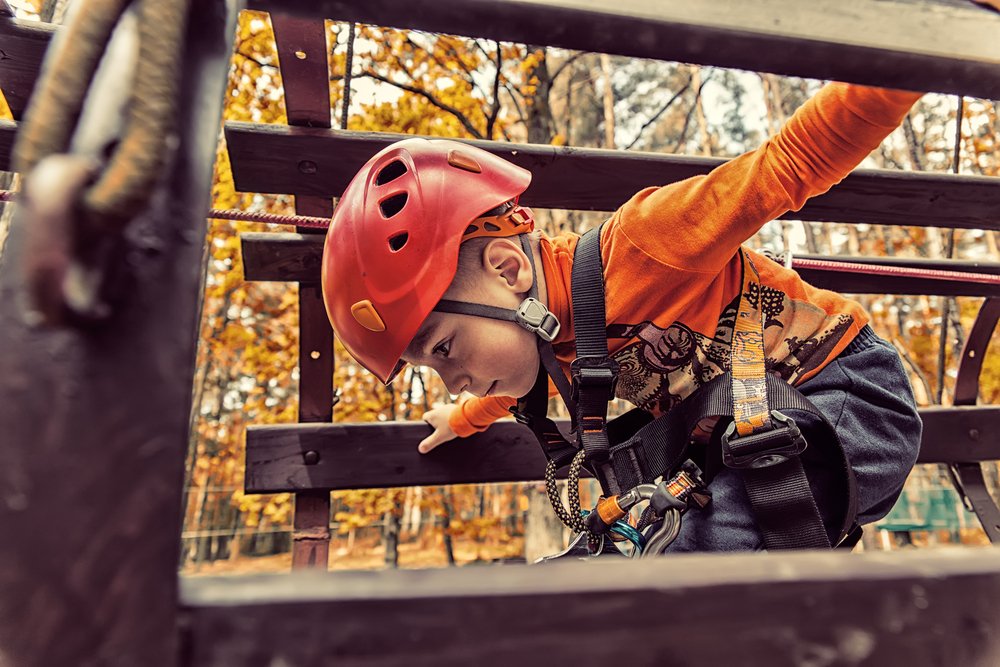
Key points: Play is fun, voluntary, and teaches adaptability through patterns of repetition and variation. It allows children to explore…

Key points: 1. Open-ended toys, like cardboard boxes, offer endless possibilities for imaginative play. 2. Children use their senses and…
Subscribe to our newsletter and join Kinedu’s community